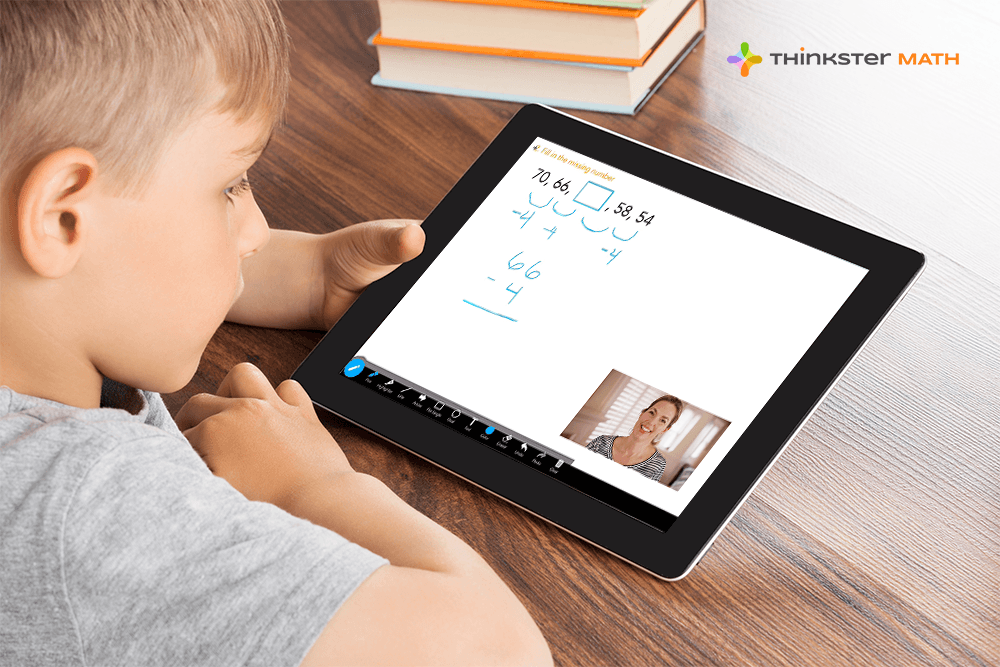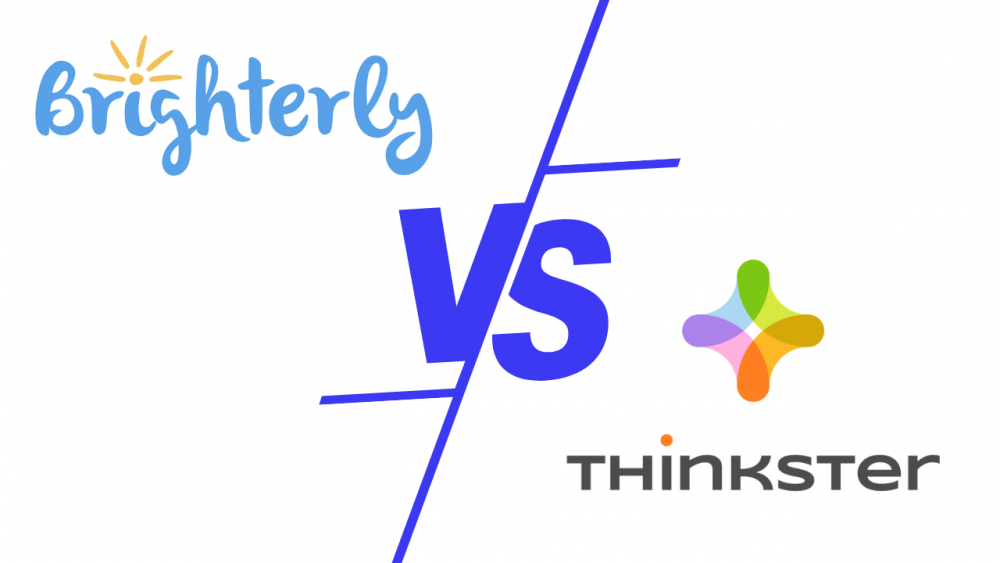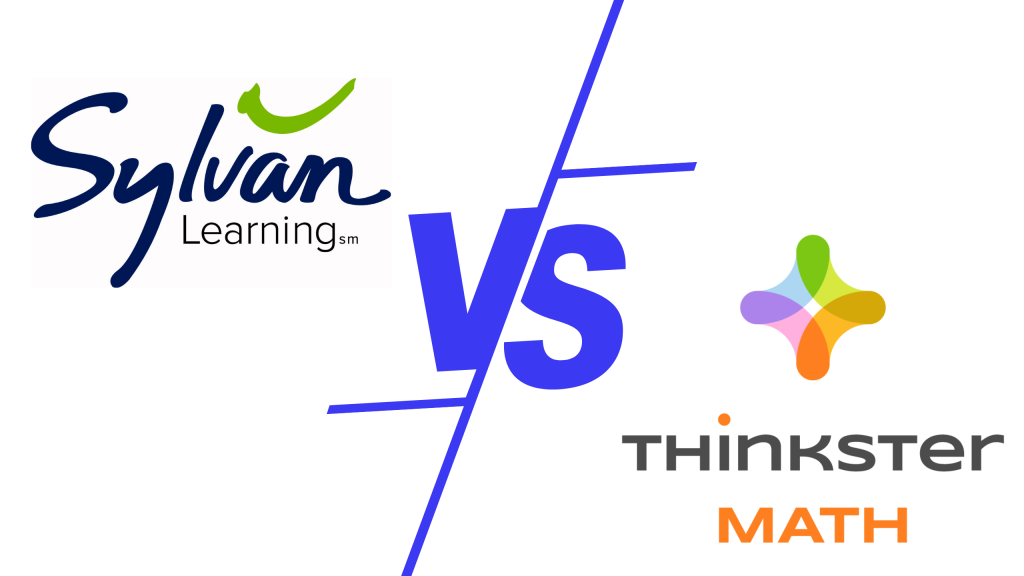

Last Updated on August 31, 2021
Many parents are curious as to what the differences between Thinkster Math and Kumon Math® are. In an earlier blog, we highlighted some of the key differences from the parent and student perspective. Our Thinkster coaches have more to share on their own experiences too.
Thinkster Math has three coaches- Debbie P., Wendy B., and Caroline M. – on the team who are ex-Kumon instructors. Their experience with Kumon Math, particularly limitations they faced, encouraged them to look for alternative ways to provide tutoring service.
When Debbie, one of Thinkster’s Canadian coaches, was asked about her experience with Kumon, she shared: “I found it terribly constricting that I was not able to help the students at their grade level school work. It was ‘drill and kill’ with the regurgitation of mental calculation and hoping that it would transcend to application skills.”
This sentiment is echoed by all three teachers.
While Kumon does lead to improvements with mental arithmetic skills, success is ultimately measured by how quickly a student progresses through ‘levels’. For example, an impressive feat is when a student in 3rd grade is at Level G (basic algebra) in Kumon.
Students focus on improvements with computational skills and use self-learning methods to then apply this to higher-level problems. This means that there isn’t much focus on word problems, geometry, and measurement and data within the Kumon Math curriculum.

While building up computational fluency can help increase confidence, the topics covered in Kumon are not always relevant to what the student is learning in school. Students in Kumon work at their skill level. Typically, students cover topics in Kumon that are different than the pace they are learning similar topics at school.
While it is important to ensure students are learning at their level, being able to also match to school work and cover both areas simultaneously can be helpful for many students.
As Debbie says, “What’s the point of knowing algebra when you won’t be doing it at school for another five years? With Thinkster, I can build a student’s foundational skills while addressing school topics.”
With Thinkster Math, coaches are able to add concepts and match to the school curriculum. The ability to focus on a variety of topics can help keep the learning plan for the student highly individualized, relevant, and, as a result, engaging.
The collaborative atmosphere in Thinkster is also quite different than Kumon. With Kumon, a parent grades and corrects the homework assignments, which are then brought back to the center. Students work independently at the center, and can then ask for more help if needed. Again, this is to keep with the constant self-learning approach.
Thinkster Math coaches are responsible for grading and providing feedback and corrections daily. Each student is matched to one coach, who really gets to know the student’s goals and learning needs. They create a personalized learning plan and provide assignments that come with video tutorials.
Coaches also connect with their students for one-on-one online math tutoring sessions. These sessions are incredibly helpful, and the coach uses modeling and scaffolding techniques to work through strategies and concepts that the student needs further guidance with.

Thinkster Coach Wendy states that many kids who come to her from high levels in Kumon, “can’t translate their skills into word problems and critical thinking skills.”
Kumon’s methodology focuses on arithmetic skills, with the intention that developing these skills will allow the student to improve their problem-solving skills. This is an independent process.
Thinkster Math coaches guarantee that computational, analytical, and critical thinking skills are all mastered and part of the learning plan. Developing critical thinking skills is extremely important, and the curriculum is full of word and logical reasoning problems! As Caroline says, “Thinkster Math builds mathematicians, not just arithmeticians.”
The goal of Thinkster is to encourage children to think. It is not just being able to quickly regurgitate math facts and answer questions. Instead, students focus on problem-solving and critical thinking skills by utilizing different strategies from Common Core and Singapore methods. This makes the material and strategies relatable to those in the classroom.
There are many different reasons our coaches love Thinkster compared to Kumon Math, such as:
To learn more, check out the following the Thinkster Math Curriculum or schedule a call with a Thinkster Advisor.
Note: Kumon® is a registered trademark of Kumon North America, Inc. Thinkster Math is in no way affiliated to the same.


